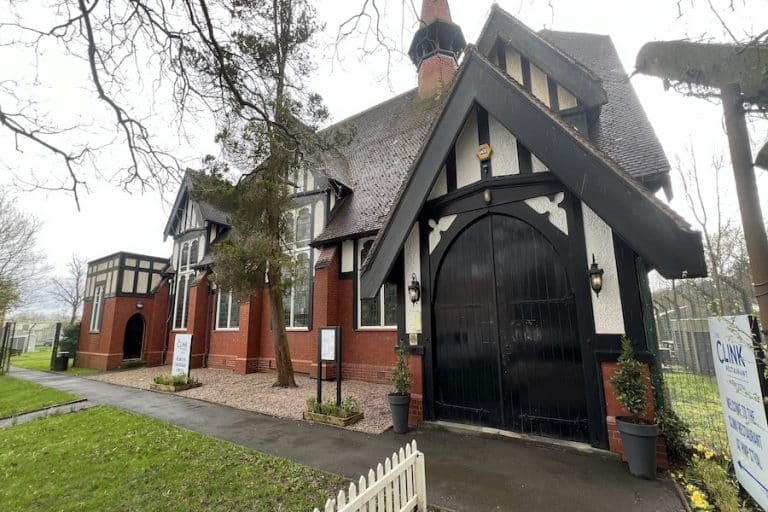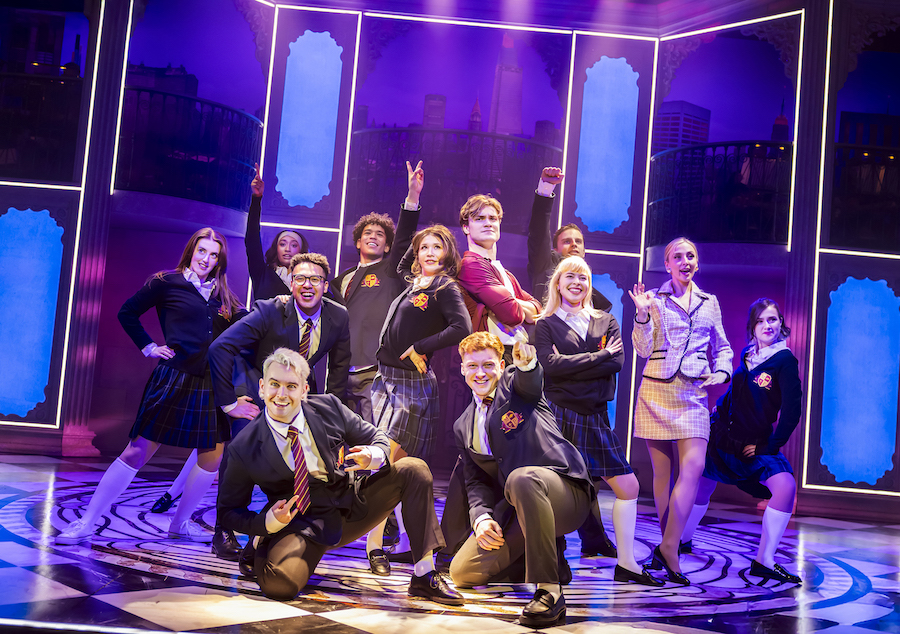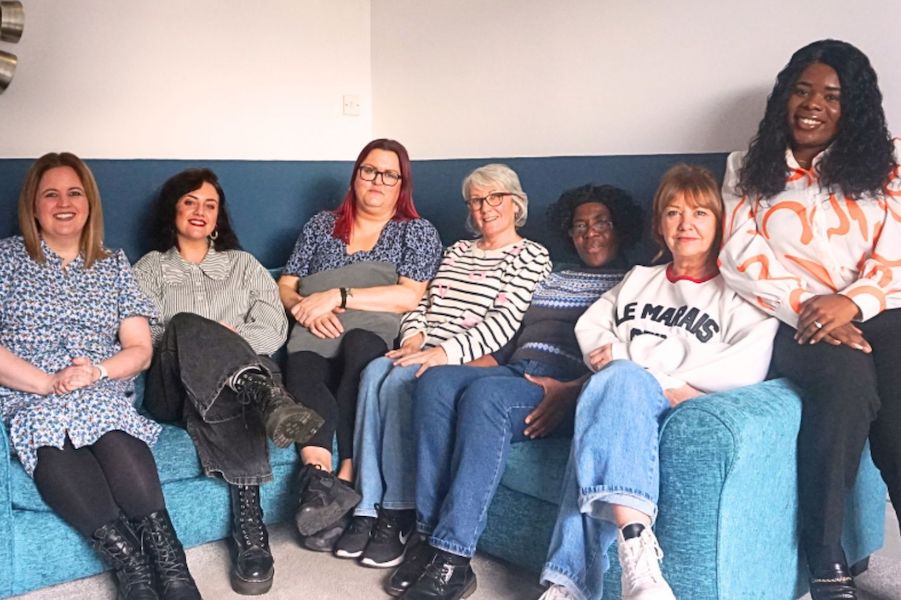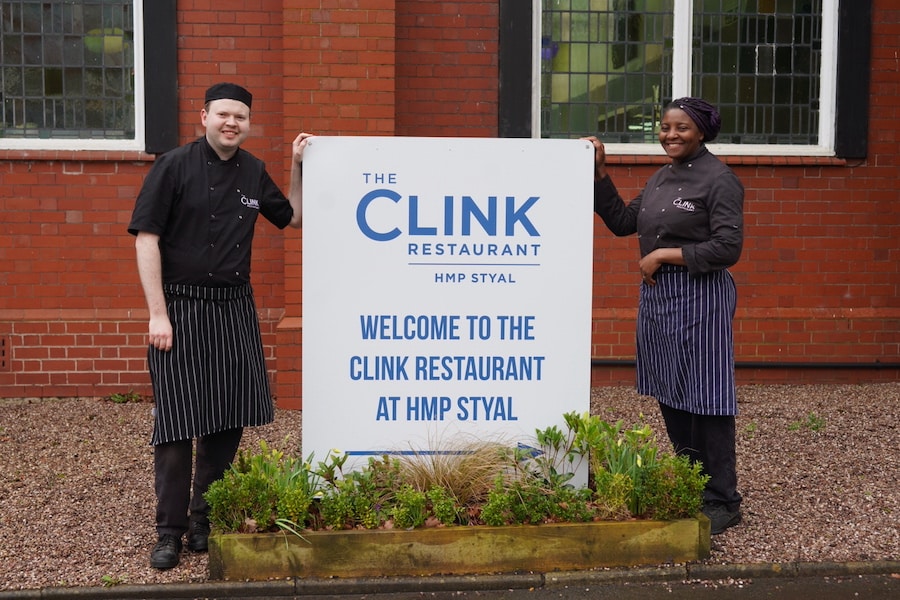The inspiring actress who wrote play Earwig is shattering stereotypes
- Written by Connor Cooper
- Last updated 2 years ago
- City of Manchester, Theatre
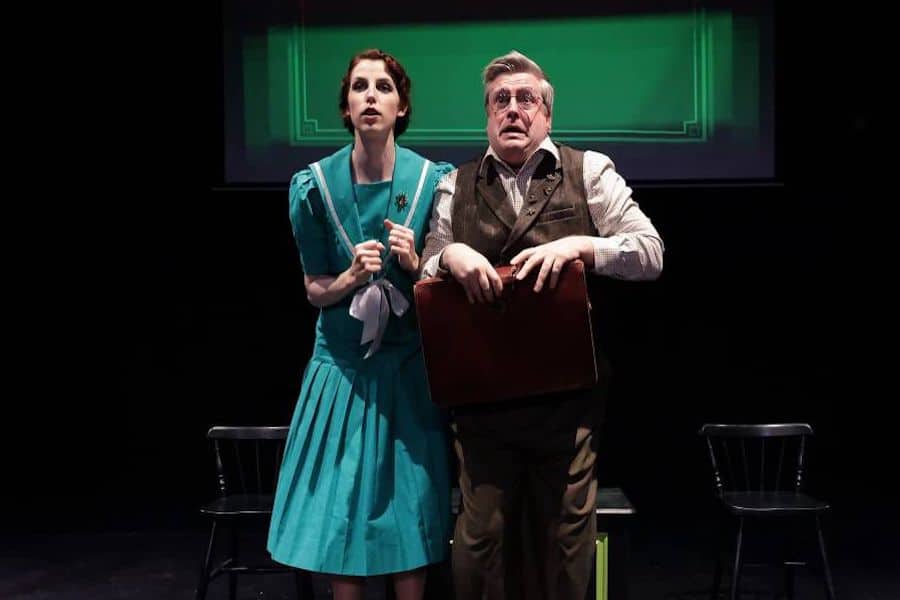
Marigold Webb is the leading expert when it comes to beetles, but as a deaf woman in 1927, she has to fight to be heard.
Using projections and mime, Earwig highlights Marigold’s struggle to live her own life, free from her overbearing husband and the prejudice she has come to accept.
After a hugely successful run at the Edinburgh Fringe Festival, Earwig is coming to Manchester this month!
We caught up with triple-threat, Actor, writer and producer Laura Crow to discuss the importance of making theatre accessible and learning to find inspiration in the past.
Earwig debuted at the Manchester Fringe Festival in 2022, how does it feel to be back?
It’s always nice to perform in Manchester because obviously that’s where our company, Time and Again, is based and we’re all from Manchester as well, so it always feels more special performing in our city.
We took Earwig up to the Edinburgh Fringe last summer, where we did a full run and since then we’ve done a few dates in a few different places.
One of the highlights of touring was when the company went to The Swallow Theatre; Scotland’s smallest theatre housed in a restored and converted byre, in rural Whithorn.
We’ve performed there before with a different show. It feels really sort of intimate and the scenery is amazing as well.
Not only did Earwig go to the Edinburgh Fringe Festival, you also did very well!
Thank you! We did probably better than any of us were expecting. We got seven five star reviews which is amazing! We also won the Offie Award for Best Show of Edinburgh Fringe and I won the Birds of Paradise Best Emerging Talent Award for Best Emerging Disabled Talent of Edinburgh Fringe.
As a writer, producer and actor you’ve put so much of yourself into Earwig, even playing the lead role, that recognition must feel really rewarding.
At Edinburgh, you’re so focused on getting through the run and doing the show and flyering and getting people in, that you don’t really have a chance to stop and reflect. I feel like it’s kind of taken a bit of time to be like “Oh it actually did go quite well.”
It speaks to the quality of the material, but we’re in a time now where any disability representation is still seen as groundbreaking because traditionally, there just hasn’t been any.
Yeah, definitely. I went back up to Edinburgh Fringe this year to review for Neurodiverse Review, who reviews shows lead by Deaf, Disabled and NeuroDiverse artists, and it already feels like there are a lot more accessible shows.
It feels good that it’s been moving in the right direction but it’s still such a small number compared to the Fringe’s entire offering. In general with theatre, there still needs to be a lot more work done to make everything fully accessible.
How does it feel for you to share something so personal that’s based on some of your own experiences?
Weirdly for me, I think I find it easier to share things on stage. I find it a lot harder talking about it in real life.
There’s something liberating about playing a character, I guess it gives you a chance to tell people what would maybe not come up in everyday life. Earwig kind of highlights the ableism that Marigold has to face on a daily basis. Obviously in life you just sort of have to shrug off.
How have audiences reacted to the depiction of historic ableism?
Because the show is set in 1927, there are obviously quite a lot of historical attitudes towards disability and deafness and inappropriate language that wouldn’t be used now.
But to a certain extent, it kind of does highlight what some people have to face now.
There are certain points where the audience will let out a collective gasp that makes me think ‘You maybe haven’t experienced what it’s still like out there.’.
Any history is difficult to face to an extent.
When you look back there are a lot of things that are difficult or unpleasant to look at, but at the same time, I think it can feel quite inspiring and uplifting to see that there have always been people who have been pushing for change and doing extraordinary things and were kind of pushing through.
It must feel amazing for you to be able to showcase women like Marigold, who otherwise would be forgotten by history.
100%! Marigold’s not a real person, she’s a composite of several different historical Entomologists and also looking generally at the history of deafness, along with some of my own experiences.
I think she definitely shines a voice on the thousands of women who were unheard or didn’t really feel like they had many choices or options in their life but managed to create their own paths and do something quite unusual.
What drew you to the 1920s?
I started first writing Earwig at the end of 2019, so it felt like quite a nice parallel. Because of the silent movie era and the fact that films used to have captions and mime, I felt like it lent itself quite well to telling this story.
There was quite a lot of scope in it.
Obviously, 2020 didn’t work out so well in the end!
Quite a few parallels can be drawn between the 1920s and the 2020s
Definitely!
A theme that’s present in Earwig, is that they’ve all lived through the First World War, which happened about ten years previously.
So it does feel like the characters have all gone through this collective trauma, which has a lot more resonance than I anticipated.
How important is the projector to the overall story? Was it there from the start?
We use an Ultra-Short-Throw projector and there’s a screen behind us throughout the whole show.
It’s almost a third character in the show, its always been there.
It kind of answers things that the characters say or share things with the audience.
There are also various illustrated maps and bugs and things on the projector, which is nice as an accessibility tool but it’s also kind of heightening the 1920s movie feel.
We went into Earwig wanting it to be accessible from the ground up, so although we’d never used projection in a show before, I wrote with it in mind.
How do you think your art background influences the theatre you make?
Personally, I think it has a huge influence on the kind of work I like to create.
I’m quite visually driven. I really like working with colours, that’s a really big thing for me.
Earwig’s colour is a sort of bright acidy green, and then I drew a huge amount of influence from the Art Deco era. I designed our own font for the projection, looking at the lettering they used in old posters.
I like the entire thing to be a cohesive experience.
Our programmes and the feedback forms we give the audience will all be historical and themed around the show.
When we were flyering around Edinburgh, we’d only flyer in costume and our flyers looked like an Entomologist’s field guide.
How do you think theatre can be more accessible?
Artists need to think about accessibility from the ground up, with shows.
I don’t think it’s enough anymore to create a show and then just say ‘Oh we’re going to have a BSL interpreter for one show’, you need to think about it more from its heart and think about how you can build the accessibility into the actual show.
There’s so many creative ways you can do that. It makes it so much more of an enjoyable experience for everyone because then anyone can come to every show and you’re not just having to look into a corner.
Do you have any recommendations for other d/Deaf and disabled led stories?
I’ve obviously just seen quite a few at the Edinburgh Fringe! I saw Heist by Elf Lyons and Duffy which is a comedy caper told via mime and visual vernacular.
I also saw a show called Self Raising by Graeae, which is one of our leading Disabled Theatre companies. It is co-written and performed by Jenny Sealey, the artistic director of Graeae, an award winning disabled-led theatre company.
Their art director Jenny starred in it! It was a personal story about secrets within her family.
Jenny is a deaf woman and her BSL interpreter was part of the story. it was also all audio described. It was a really intimate and gentle story that was really lovely.
Earwig is at The Lowry Theatre with BSL interpreted performances 28th-29th September 2023.
Tickets are available here
- This article was last updated 2 years ago.
- It was first published on 13 September 2023 and is subject to be updated from time to time. Please refresh or return to see the latest version.
Did we miss something? Let us know: press@ilovemanchester.com
Want to be the first to receive all the latest news stories, what’s on and events from the heart of Manchester? Sign up here.
Manchester is a successful city, but many people suffer. I Love Manchester helps raise awareness and funds to help improve the lives and prospects of people across Greater Manchester – and we can’t do it without your help. So please support us with what you can so we can continue to spread the love. Thank you in advance!
An email you’ll love. Subscribe to our newsletter to get the latest news stories delivered direct to your inbox.
Got a story worth sharing?
What’s the story? We are all ears when it comes to positive news and inspiring stories. You can send story ideas to press@ilovemanchester.com
While we can’t guarantee to publish everything, we will always consider any enquiry or idea that promotes:
- Independent new openings
- Human interest
- Not-for-profit organisations
- Community Interest Companies (CiCs) and projects
- Charities and charitable initiatives
- Affordability and offers saving people over 20%
For anything else, don’t hesitate to get in touch with us about advertorials (from £350+VAT) and advertising opportunities: advertise@ilovemanchester.com
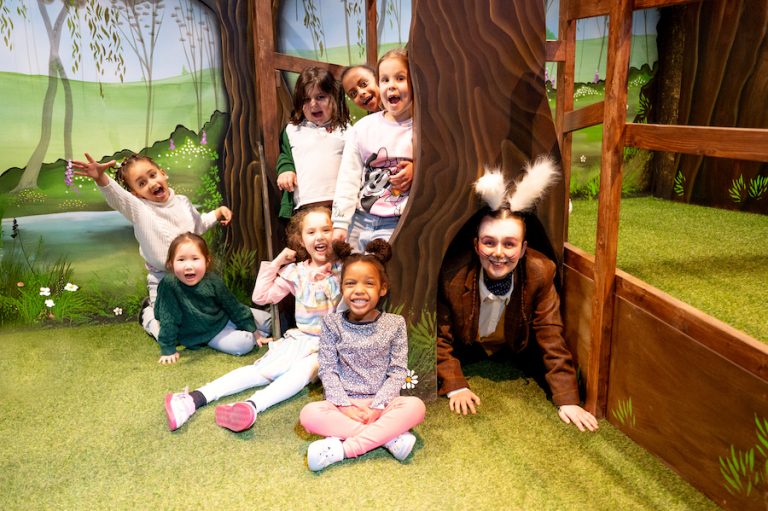
Head down the rabbit hole for Adventures in Wonderland with Z-arts

Major rail investment set to transform Manchester-Leeds commutes

“His presence will be deeply missed” Children’s hospice bids farewell to their visionary CEO

Has Gordon Ramsay created Manchester’s ultimate bottomless brunch?

The Clink celebrates ten years of empowerment and second chances
